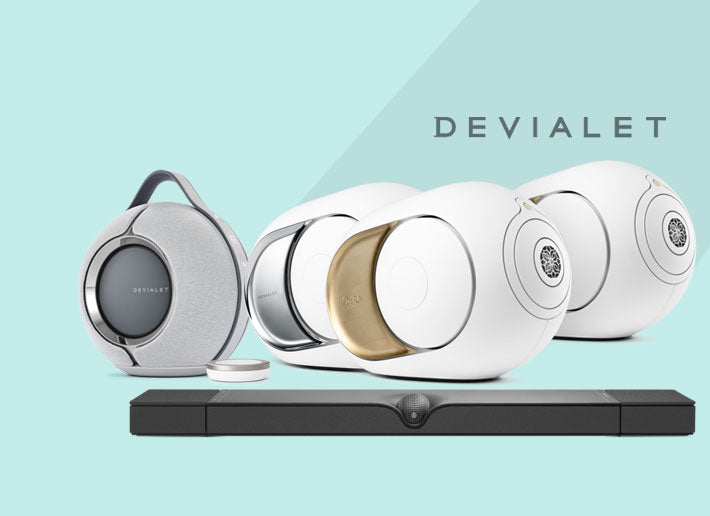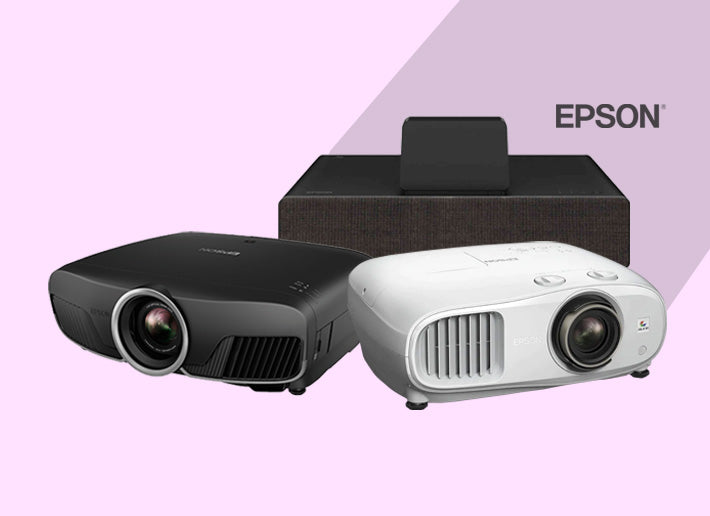
If you're a professional constantly on the go, you need a projector that's portable and lightweight enough for you to carry. While larger projectors come with certain powerful features, their large size, weight and power needs don't necessarily make them the best travel companions.
A viable option is buying a mini projector. However, there are several things you need to keep in mind when buying a mini projector. So, what is a mini projector, you ask? It's simple -- mini projectors are compact projectors that are usually used for office presentations or personal video viewing, especially when you are travelling.
They are small and light enough to fit into your pocket. These projectors, just like their bulkier counterparts, can connect to various forms of devices, such as cameras, smart phones, DVD players and laptop computers.
There are certain things you need to keep in mind when buying a mini projector. These are:
1. Portability: Minis are portable enough for you to carry with you easily when you need them. For example, the Vivitek Qumi Q5 projector weighs only 490 grams. Some of the LED pocket projectors also enhance their portability by reading files directly from a USB memory key. You may be able to leave your computer at home by taking advantage of this feature.
2. Resolution: Mini projectors can have an XGA resolution, with 1280 x 800 pixels. This means that the resolution is HD and is enough for sharp images both in ambient light and in a dark room.
3. Brightness: Mini projectors are bright enough. For example, the Qumi Q5 projector has a brightness of 500 lumens. This ensures that the image is bright enough even in ambient light.
4. Contrast ratio: While this is not hugely important, you should understand that a contrast ratio refers to the ratio of the brightest and darkest areas that a projector can create. A projector's contrast ratio plays an important role in a darkened room to ensure the exact display of graphics or visuals. Again, the Qumi Q5 has a contrast ratio of 30,000:1, which ensures that the image is perfectly detailed even in a dark room.
5. Connection: Connecting your mini projector should be one of your main concerns. While a couple of minis come with only composite video, most are provided with both SVGA and composite connectors. Before buying your mini projector make sure that the ports available on the projector are enough and compatible with those on your computer/video equipment.
6. Cost: The mini projector you choose should fit into your budget as well. You should check out the prices really well before placing an order. You should consider all the features mentioned in this article, so that you can get the best deal for the mini projector you want for both outdoor and indoor uses.
7. Brand/Model: This is also important when you buy a mini projector. If you have had a good experience buying a particular brand, you are more likely to be continued to be satisfied with their history of delivering real value in the past. However, you should also be open to experimenting with new models and makes because you never know when one of them may become your most liked future brand.
Now you know whether a mini projector is right for you, and also what to look for when buying one. Here's to many, many presentations on the go!









